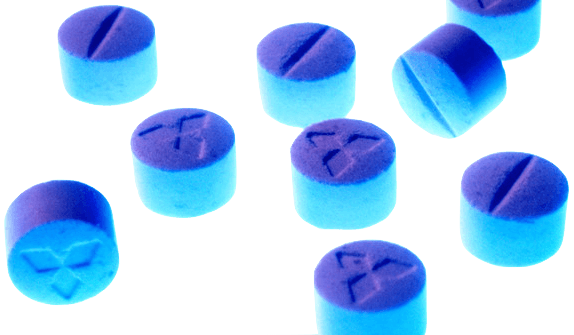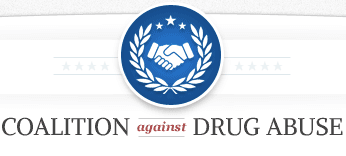 Over the years there have been many questions about diabetes and substances of abuse. It is a well know fact that alcohol for example is degrades the liver and so does diabetes. The two working along each other exacerbates liver issues that diabetics experience. Alcohol also damages the beta cells in the pancreas thus reducing the amount of insulin that the body can produce and this is crucially important when blood sugar levels need to be kept under control.
Over the years there have been many questions about diabetes and substances of abuse. It is a well know fact that alcohol for example is degrades the liver and so does diabetes. The two working along each other exacerbates liver issues that diabetics experience. Alcohol also damages the beta cells in the pancreas thus reducing the amount of insulin that the body can produce and this is crucially important when blood sugar levels need to be kept under control.
The question remains, what about the plethora of other substances which are commonly used? How do they impact on diabetes? Are they safe for diabetics to use? These are all very important questions in the context of the disease.
Recently Dr. Vieira a research scientist with a PhD in Biomedical Sciences from the University of Florida College of Medicine Department of Biochemistry & Molecular Biology has done clinical and laboratory research on diseases, cellular functioning and nutritional supplements. Her focus is helping people make dietary and lifestyle changes that prevent, cure or improve health conditions.
Her findings help us understand just how dangerous substances of abuse can be. She discusses how these substances effect diabetes and the fact that they accelerate the progression of the disease. This is a extremely important paper which every diabetic should read and understand.
Alcohol:
Many forms of alcohol break down into sugar and spike blood sugar levels, furthermore alcohol slows down the liver, damages nerves, makes eye problems worse and it even reduces the effectiveness of blood sugar lowering medications.
Smoking:
People with diabetes who smoke also tend to suffer from vision problems, lung disease, cancer and reduced blood sugar control and smoking in combination with heavy drinking increases the risk of developing kidney disease
Illicit Drugs:
Taking illicit drugs can cause individuals with type 2 diabetes to forget to take their medication at appropriate times and this results in high blood sugar levels.
- Individuals with diabetes who take stimulants often suffer from low blood sugar (hypoglycemia) because the body breaks down carbohydrates faster than usual.
- Ecstasy contains many of the same poisonous ingredients as other stimulants. Harmful side effects can be, emotional problems such as depression, anxiety or paranoia, memory and sleep problems, the breakdown of muscle tissue, kidney damage or kidney failure, loss of normal functions in the body and n irregular, rapid or slow heartbeat, which can be fatal.
- Cocaine use causes appetite suppression. Regular cocaine users tend to eat fewer balanced meals than those who do not use cocaine and cocaine abuse is also associated with the increased consumption of fatty foods. This can lead to hypoglycaemia and can reduce the effectiveness of medications.to control low blood sugar levels.
- Methamphetamines are very dangerous for people who have diabetes because this drug alters insulin activity and hormone production, which leads to the release of too much glucose and results in high blood sugar levels. Methamphetamine use can also lead to a loss of appetite, memory loss and depression.
- Depressants slow down normal processes in the body and physical activity by altering the manner in which the brain sends and receives signals.
- Marijuana causes can increased hunger, low blood sugar, short-term memory problems, concentration, cognition, as well as hand-eye coordination may be impaired by marijuana, resulting in forgotten or improper administration of diabetes meds. Serious damage to different organs such as the kidneys and heart if marijuana is combined with alcohol.
- Heroin can cause slowed breathing, which may lead to death, liver, brain, and lung damage, blood vessel damage, bruising, and poor circulation.
- Ketamine abuse has been linked to damage of the gastrointestinal and urinary tract, the brain, heart and liver. These types of health problems are extremely dangerous for type 1 and type 2 diabetics..
People who are struggling with substance abuse may also mix different drugs or combine them with alcohol. These combinations can increase the risk of fainting, vomiting, breathing abnormalities, impulsive or dangerous behavior, accidents, as well as overdose and death. Diabetes can quickly become a deadly condition if medication is not taken or if its effects are reduced due to illicit drugs and alcohol that may be circulating in the body.
For the first time we see a compressive review of illicit drugs and the issues that they cause. Every diabetic should read and study the research by Dr. Karen Vieira.
Click this link to read in detail Doctor Vieira’s research which is published on drugabuse.com






